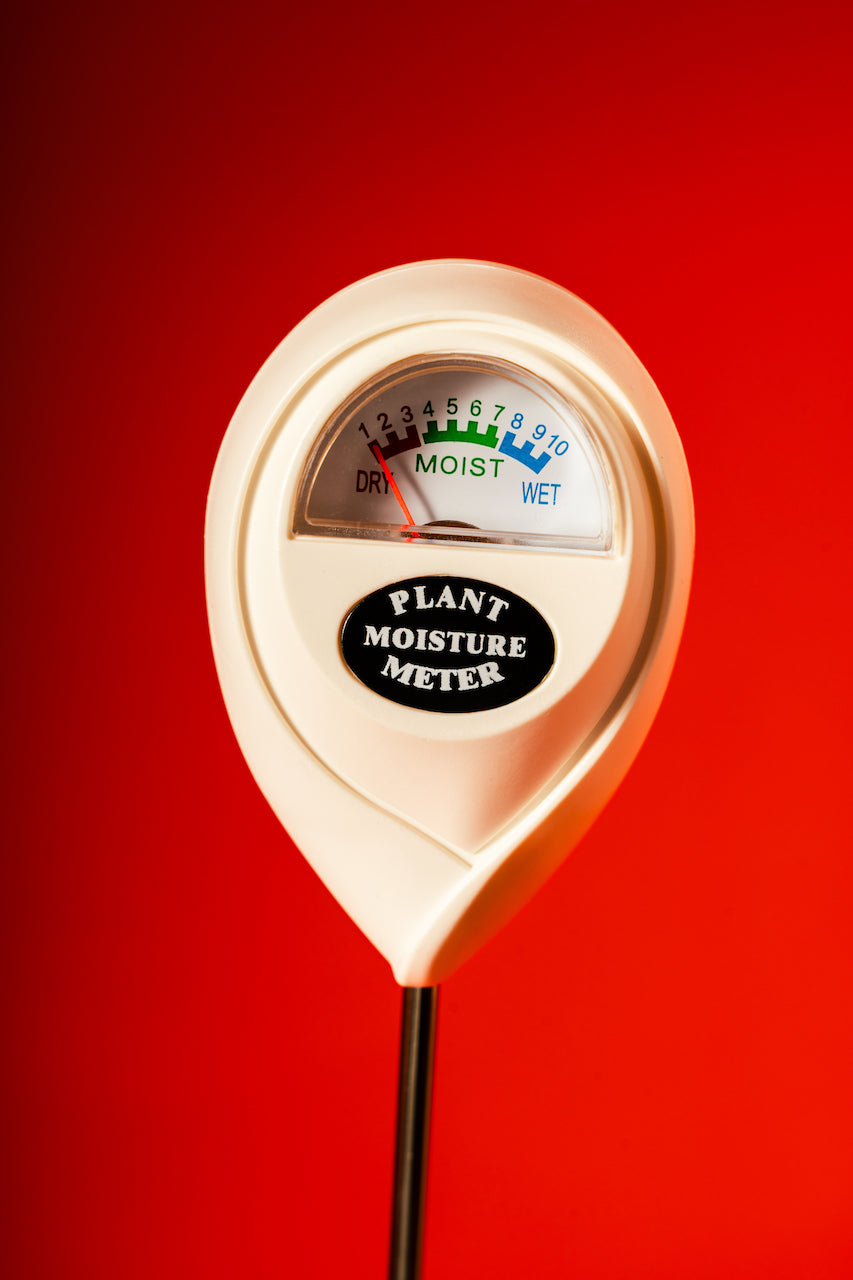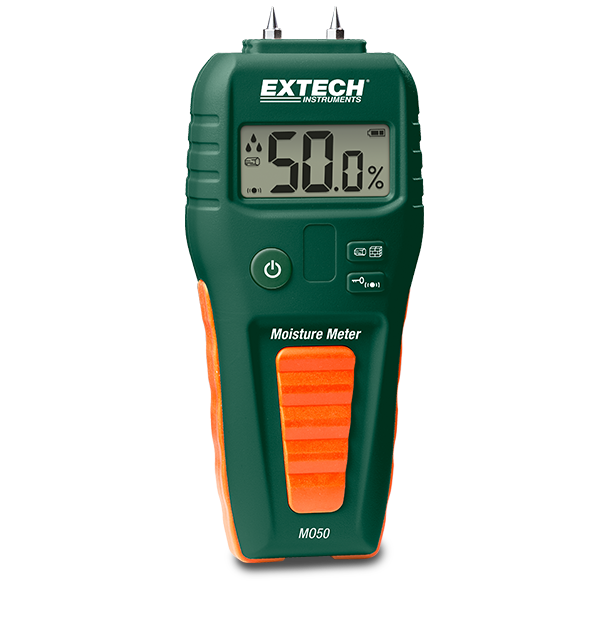The Ultimate Overview to Moisture Meters: A Comprehensive Introduction and Exactly How They Can Conserve You Cash
In the realm of building maintenance, building, and various markets, the importance of accurately determining wetness levels can not be overstated. Dampness meters function as crucial devices in spotting and keeping track of moisture web content in materials, helping in stopping pricey problems and guaranteeing the quality of items. Understanding the subtleties of various types of wetness meters, their applications, and the prospective cost-saving advantages they supply can be a game-changer for businesses and specialists alike. Uncovering just how these devices can not just enhance processes yet additionally add to financial savings is a trip worth starting.
Kinds Of Moisture Meters
One typical kind is the pin-type wetness meter, which measures the electrical resistance in between 2 pins put into a product. Pinless moisture meters, on the other hand, use electro-magnetic sensing unit plates to check a bigger area without creating damage to the product's surface area.
Infrared moisture meters gauge the thermal residential properties of a material to identify its dampness web content non-invasively, making them beneficial for applications where pin or pinless meters may not be ideal. Comprehending the different kinds of wetness meters available can aid markets choose the most ideal device for their particular wetness measurement demands.

Benefits of Making Use Of Moisture Meters

Moreover, utilizing dampness meters can lead to enhanced energy effectiveness. In farming setups, dampness meters play a critical role in maximizing crop yields by enabling farmers to keep an eye on soil moisture levels and make notified watering decisions.
How to Select the Right Moisture Meter
Choosing the ideal dampness meter includes considering key factors such as product compatibility, dimension range, and calibration accuracy. When choosing a wetness meter, it's necessary to guarantee that the meter appropriates for the specific material you will be screening. Different products have varying electrical properties that can influence dampness analyses, so selecting a meter created for your product is essential for exact outcomes. Additionally, think about the dimension series of the dampness meter. Make certain that the meter can detect wetness degrees within the array required for your applications. Calibration precision is an additional essential element to keep in mind (Moisture Meter). Go with a dampness meter with trustworthy calibration to make sure constant and specific analyses. Some meters might need routine calibration changes, so recognizing the calibration procedure is necessary. By very carefully assessing these factors, you can pick a dampness meter that satisfies your requirements my latest blog post and offers accurate moisture dimensions for your jobs.
Correct Methods for Moisture Meter Use
To make sure accurate moisture analyses and take full advantage of the performance of a moisture meter, using proper methods is important. When making use of a pin-type wetness meter, insert the pins or probes into the product being tested till they make complete contact. By following these correct methods, customers can count on their dampness meter to offer credible moisture levels, assisting in stopping pricey damage or making certain quality in different applications.

Price Cost Savings Through Moisture Meter Applications
Just how can the strategic utilization of moisture meters cause significant cost financial savings throughout numerous sectors? Moisture meters play a critical function in expense savings by preventing potential damage and guaranteeing top quality control find more in various fields. In the agriculture market, dampness meters help in determining the ideal time for collecting plants, protecting against excess or over-drying wetness that can impact the end product's high quality. This specific monitoring assists farmers avoid unnecessary losses and maximize their return.

Furthermore, in the food processing market, moisture meters are important for checking product high quality and making certain compliance with safety and security guidelines. By properly determining moisture material in foodstuff, manufacturers can stop spoilage, maintain quality, and lower waste, resulting in considerable price financial savings. Generally, the tactical application of dampness meters is a beneficial investment that can result in considerable expense decreases and enhanced performance throughout different industries.
Final Thought
In verdict, dampness meters are valuable tools for determining and discovering dampness levels in numerous products. By making use of the ideal dampness meter and complying with correct strategies, individuals can successfully protect against expensive problems created by excess dampness.
Dampness meters serve as crucial devices in detecting and keeping track of moisture material in materials, assisting in avoiding expensive problems and ensuring the high quality of products. Infrared dampness meters measure the thermal buildings of a product to establish its dampness content non-invasively, making them useful for applications where pin or pinless meters may not be ideal.Wetness meters use vital advantages in precisely evaluating and keeping an eye on dampness degrees in diverse products and atmospheres. In farming settings, moisture meters play a more information vital role in maximizing plant yields by allowing farmers to keep track of soil dampness degrees and make educated irrigation decisions.In final thought, dampness meters are useful devices for finding and measuring wetness degrees in various products.